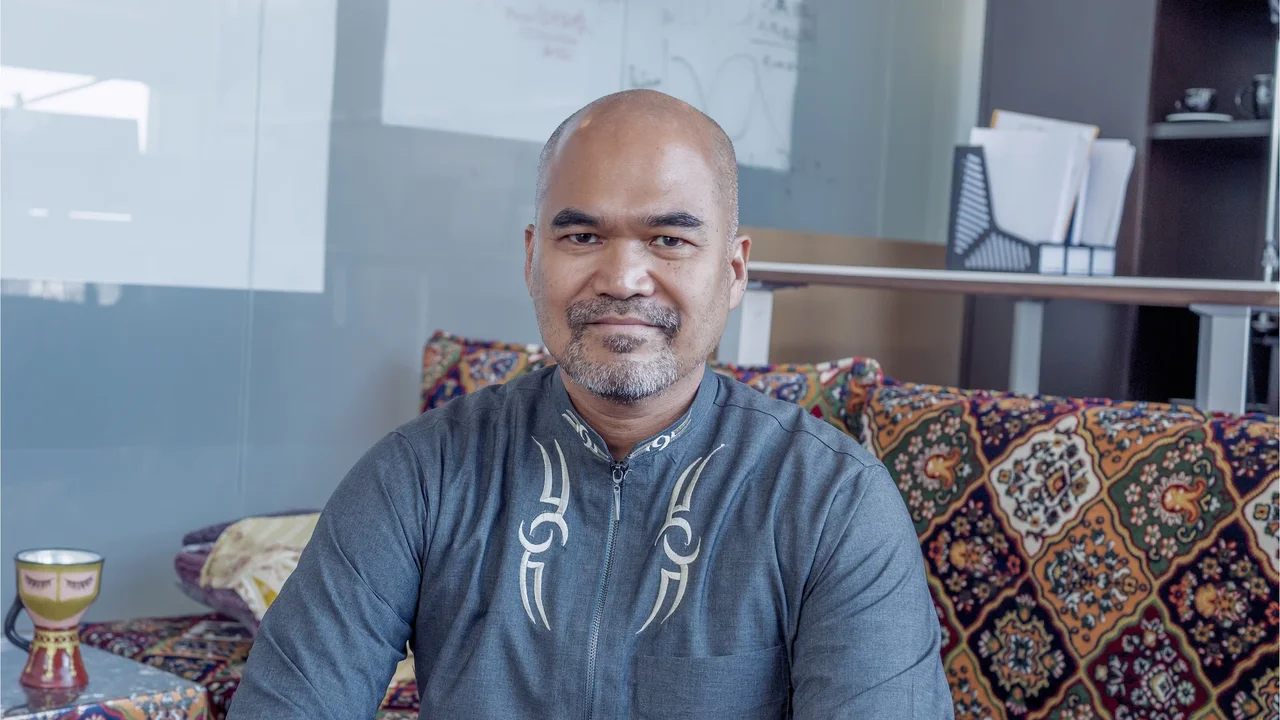
Hernando Ombao
KAUST Professor of Statistics Hernando Ombao is an expert in time series models and their applications to designed medical experiments on complex biological processes.
Biography
Hernando Ombao is a professor in the Statistics Program and the principal investigator of the Biostatistics Group at KAUST. His research focuses on developing time series models and novel data science methods for analyzing high-dimensional complex biological processes. He leads a group of researchers specializing in spectral and time-series analysis, functional data analysis, state-space models, and signal processing for brain signals and images. His group collaborates closely with neuroscientists to model the associations between neurophysiology, cognition and animal behavior.
Before joining KAUST, Professor Ombao was a tenured faculty member at the University of Illinois Urbana-Champaign, U.S., Brown University, U.S. and the University of California, Irvine, U.S. He earned a B.Sc. in Mathematics in 1989 from the University of the Philippines, an M.Sc. in Statistics in 1995 from the University of California, Irvine, and a Ph.D. in biostatistics in 1999 from the University of Michigan.
Ombao is an elected fellow of the American Statistical Association. He has been awarded several grants as a principal investigator by the U.S. National Science Foundation. In 2017, he received the UC Irvine School of Information Sciences Mid-Career Award for Research. He has served as a panel member of the Biostatistics Study Section at the U.S. National Institutes of Health and as an associate editor of leading statistical journals. He is co-editor of the book Handbook of Statistical Methods for Neuroimaging (CRC Press, 2016) and co-editor of a special issue of the Journal of Time Series Analysis.
At KAUST, he holds secondary appointments in the Applied Mathematics and Computational Sciences (AMCS) and the Bioengineering Programs. He also serves as chair of the Institutional Biosafety and Bioethics Committee. Ombao actively collaborates with researchers across the campus and is a co-founder of the interdisciplinary KAUST Neuro-AI Laboratory (NAIL).
Research Interests
Professor Ombao’s research focuses on the statistical modeling of time series data and the visualization of high-dimensional signals and images.
He has developed a coherent set of methods for modeling and inference on the dependence of complex brain signals: testing for differences in networks across patient groups, identifying biomarkers, classifying diseases based on networks and modeling associations between high-dimensional data from different domains, such as genetics, brain function and behavior.
Awards and Distinctions
- Mid-Career Dean’s Award for Research, UC Irvine School of the Information and Computer Sciences, 2017
- Elected Fellow, American Statistical Association, 2016
- Grant on Studies on Signals and Images Via the Fourier Transform, NSF Division Mathematical Sciences, 2015 - 2019
- Grant on Bayesian State-Space Models for Behavioral Time Series Data, NSF Division Social and Economic Sciences, 2015 - 2017
- Grant on Localized Cross Spectral Analysis and Pattern Recognition Methods for Non-Stationary Signals, NSF Division of Mathematical Sciences, 2004 - 2007
Education
- Doctor of Philosophy (Ph.D.)
- Biostatistics, University of Michigan, United States, 1999
- Master of Science (M.S.)
- Statistics, University of California Davis, United States, 1995
- Bachelor of Science (B.S.)
- Mathematics, University of the Philippines, Philippines, 1989
Quote
Curiosity. Rigor. Impact.
Course Structure
Professor Ombao's Courses
Questions and Answers
Why KAUST?
KAUST brings together scientists who are at the cutting-edge of their respective areas. One can get energized by the passion and zeal of the researchers and students from all over the world.
Why Biostatistics?
Biostatistics is a natural playground for data scientists who are fascinated by applications of mathematics, statistics, and computing to discovering new frontiers in medicine and in the understanding of the human mind.